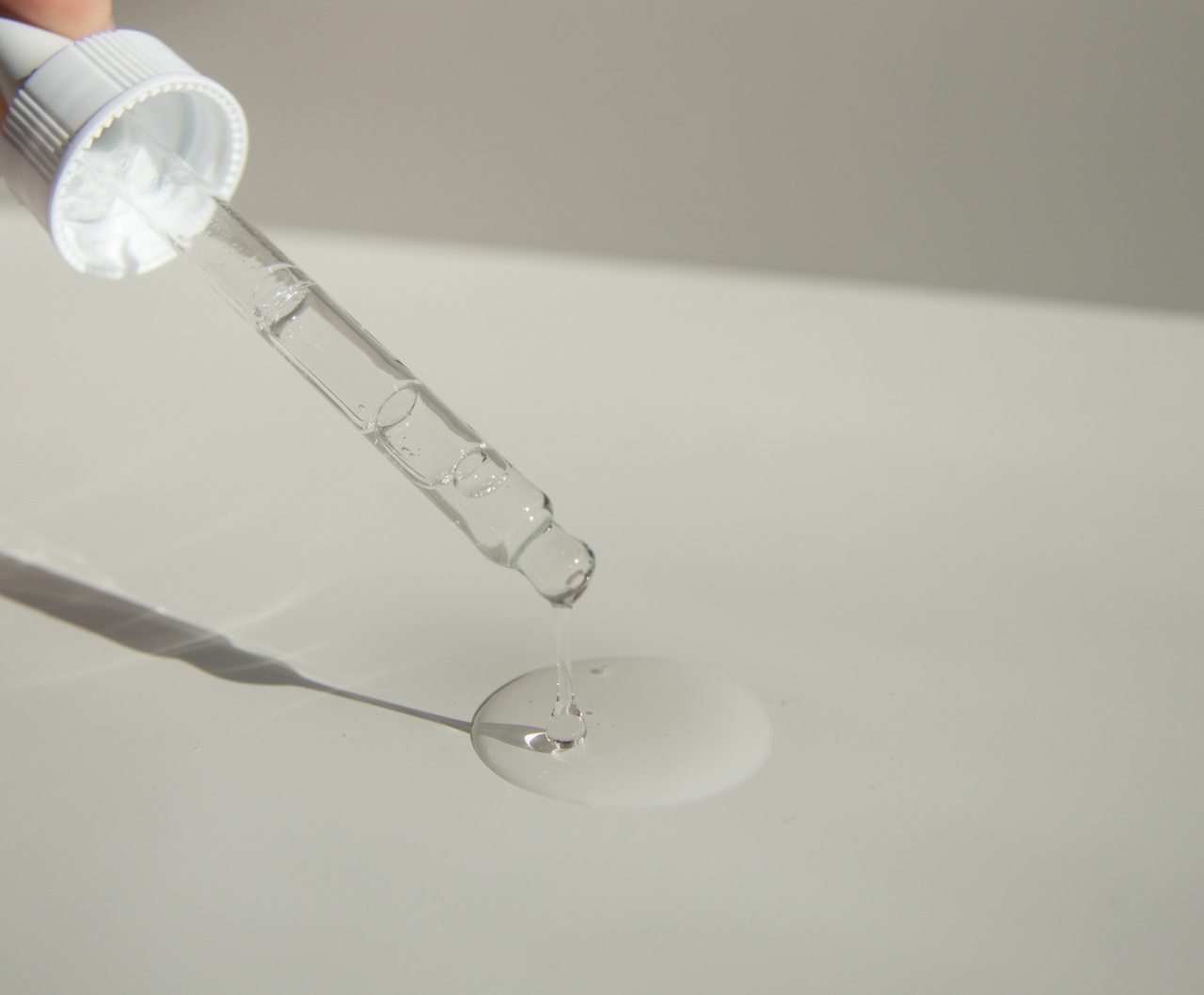Expecting a child is a wonderful and life-changing experience, but it can also be stressful and overwhelming. As you go through the various stages of pregnancy, it is essential to keep track of your health and that of your growing baby.
Regular prenatal checkups and tests are crucial for monitoring the development of your pregnancy and identifying any potential health issues early on.
First Trimester
The first trimester is a crucial period in your pregnancy when your baby’s major organs and systems are developing.
During this time, you will undergo several tests and examinations to ensure that your pregnancy is healthy and progressing adequately.
Confirmation of Pregnancy
Once you have a positive home pregnancy test, your first step is to schedule an appointment with your healthcare provider.
Your doctor will confirm your pregnancy and calculate your due date, which is usually 40 weeks from the first day of your last menstrual period.
Blood Tests
Your healthcare provider will recommend a series of blood tests to check your blood type, Rh factor, and hemoglobin levels. They will also screen you for any sexually transmitted infections and immunity to certain diseases like rubella.
Based on your medical history and family background, your doctor may suggest additional blood tests.
Urinalysis
A urinalysis is a simple test that checks for sugar, protein, and other substances in your urine. It can help detect conditions like gestational diabetes and preeclampsia, which can pose risks to your pregnancy and require close monitoring.
Ultrasound
A dating ultrasound is usually recommended during your first trimester. It uses sound waves to create an image of your uterus and the developing embryo.
It can confirm your due date and check for any abnormalities like ectopic pregnancy, twins, or molar pregnancy.
Second Trimester
The second trimester is often referred to as the “honeymoon period” of pregnancy, as many women start to feel better from their earlier pregnancy symptoms.
During this trimester, your baby continues to grow and develop, and you will undergo additional tests and screening.
Ultrasound
A second ultrasound may be performed during your second trimester to check your baby’s growth and development. It can also confirm the baby’s sex if you choose to find out.
Multiple Marker Screening
A multiple marker screening (MMS) test is a blood test that measures the levels of certain hormones and proteins produced by your baby and placenta.
It can help identify the risk of your baby having chromosomal abnormalities like Down syndrome and neural tube defects like spina bifida. However, it is not a definitive diagnosis and may lead to false positives or negatives.
Glucose Screening
A glucose screening test is usually conducted between weeks 24 and 28 of your pregnancy. It involves drinking a sugary drink and having your blood sugar levels checked one hour later.
It can help detect gestational diabetes, which affects about 2 to 10 percent of pregnant women and can lead to high birth weight and other complications.
Third Trimester
The third trimester marks the final stretch of your pregnancy, and your baby will make their way into the world soon.
During this time, you will have more frequent checkups, and your healthcare provider will monitor your baby’s growth and position closely.
Group B Strep Test
A Group B strep (GBS) test is a swab test that checks for the presence of a type of bacteria that can be harmful to newborns during childbirth.
If you test positive, you will be given antibiotics during labor to reduce the risk of passing on the infection to your baby.
Non-Stress Test
A non-stress test is a simple and painless test that measures your baby’s heart rate in response to their movements. It can help detect fetal distress, which may indicate a need for immediate delivery or other interventions.
Biophysical Profile
A biophysical profile (BPP) is a combination of a non-stress test and an ultrasound that evaluates your baby’s movements, breathing, muscle tone, and amniotic fluid levels.
It can help determine if your baby is at risk for fetal distress or if an early delivery is necessary.
Conclusion
Prenatal tests and screenings are an essential part of every pregnancy. They can help ensure that you and your baby are healthy and that any potential issues are identified and addressed as early as possible.
It is crucial to attend all recommended appointments and tests and to communicate openly with your healthcare provider about any concerns you may have. With proper monitoring and care, you can have a safe and healthy pregnancy and bring a beautiful new life into the world.























